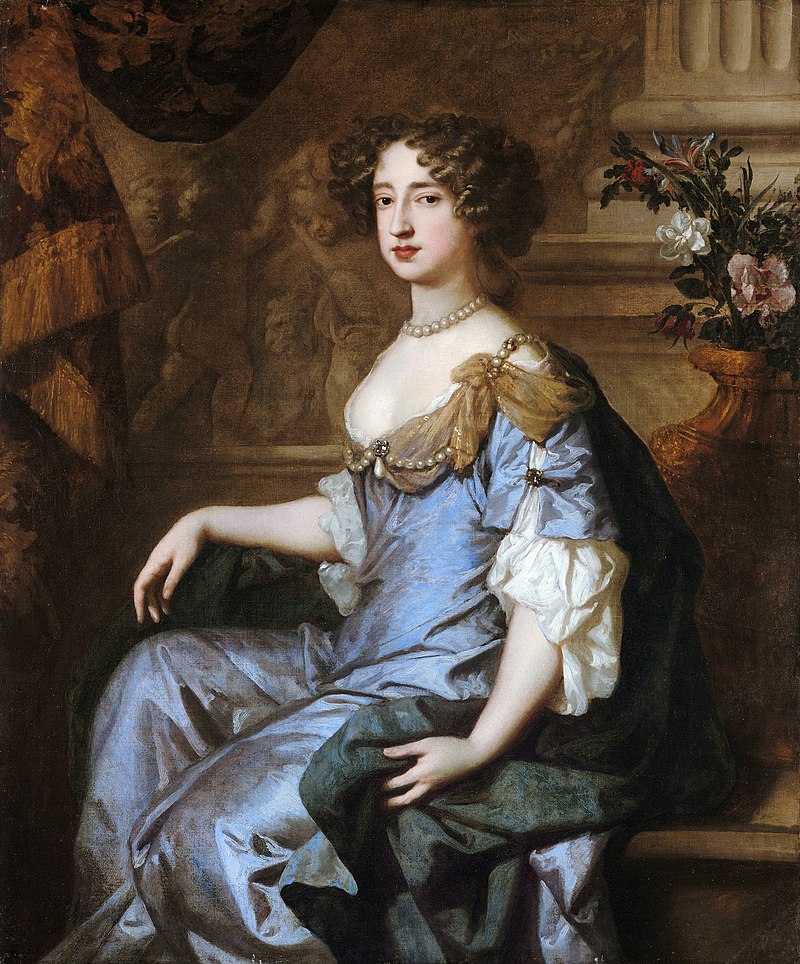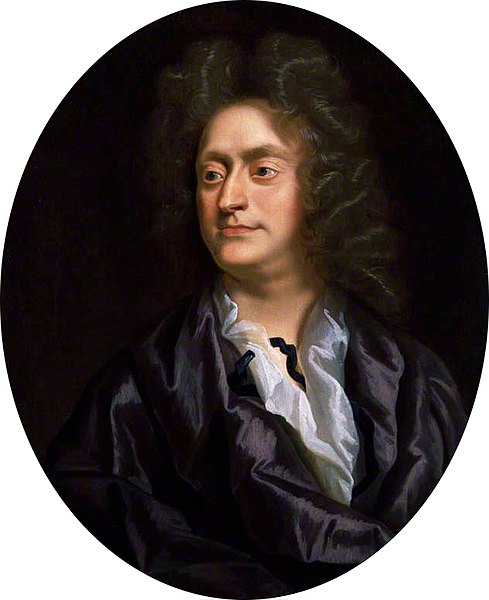Henry Purcell
1. Man that is born of a woman
hath but a short time to live,
and is full of misery.
He cometh up, and is cut down like a flower;
he fleeth as it were a shadow,
and ne'er continueth in one stay.
3. Thou knowest, Lord, the secrets of our hearts;
shut not thy merciful ears unto our pray'rs;
but spare us, Lord most holy, O God most mighty.
O holy and most merciful Saviour,
thou most worthy Judge eternal,
suffer us not, at our last hour,
for any pains of death, to fall from thee. Amen.

About the piece:
The English composer Henry Purcell wrote funeral music that includes his Funeral Sentences and the later Music for the Funeral of Queen Mary, Z. 860. Two of the funeral sentences, "Man that is born of a woman" Z. 27 and "In the midst of life we are in death" Z. 17, survive in autograph score. The Music for the Funeral of Queen Mary comprises the March and Canzona Z. 780[1] and the funeral sentence "Thou knowest, Lord, the secrets of our hearts" Z. 58C. It was first performed at the funeral of Queen Mary II of England in March 1695. Purcell's setting of "Thou knowest, Lord" was performed at his own funeral in November of the same year.[1] In modern performances the March, Canzona and three funeral sentences are often combined as Purcell's Funeral Sentences, Z. 860.

- Henry Purcell (c. 10 September 1659 – 21 November 1695)


